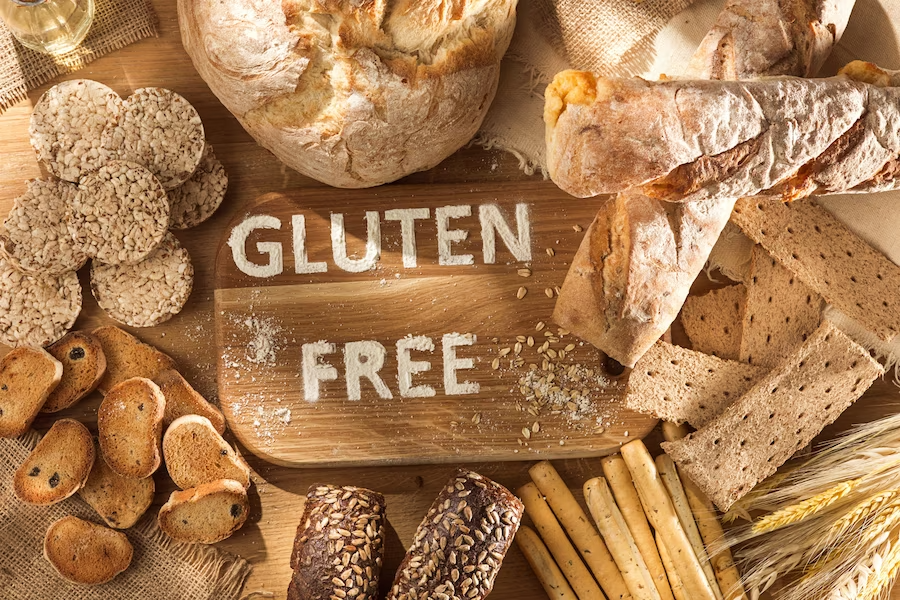Myths and Facts About Going Gluten-Free: Separating Truth from Fiction

While some individuals adhere to a gluten-free lifestyle due to medical conditions like celiac disease or gluten sensitivity, others may opt for it as a perceived healthier choice. We aim to clarify the myths and facts surrounding a gluten-free diet, enabling you to make informed decisions about your dietary habits. Let’s separate truth from fiction and navigate the gluten-free landscape together.
Get a clear understanding of what gluten is and its significance:
- What Is Gluten? Gluten is a protein found in wheat, barley, rye, and certain grains.
- The Role of Gluten: Gluten plays in food processing, texture, and its effects on individuals with celiac disease or gluten sensitivity.
Prevalent myths associated with a gluten-free diet:
- Myth: Gluten-Free Equals Healthier: Debunk the misconception that a gluten-free diet is inherently healthier for everyone. Understand that gluten-free products may lack certain nutrients and can be higher in sugar and unhealthy fats.
- Myth: Weight Loss Magic: Going gluten-free doesn’t automatically lead to weight loss. Weight loss results from overall calorie reduction, not the elimination of gluten alone.
- Myth: Improved Skin Health: There has been a lack of scientific evidence supporting the claim that a gluten-free diet can significantly improve skin conditions such as acne, eczema, or psoriasis.
Who can benefit from a gluten-free lifestyle and those from whom it may be unnecessary:
- Celiac Disease: Individuals with celiac disease must follow a strict gluten-free diet to avoid adverse health effects and manage their condition effectively.
- Non-Celiac Gluten Sensitivity: Individuals with non-celiac gluten sensitivity experience symptoms after consuming gluten but don’t have celiac disease. It is important to seek a professional diagnosis before adopting a gluten-free diet.
- Wheat Allergy: Individuals with a wheat allergy need to avoid wheat but may not necessarily need to eliminate all gluten-containing foods.
If you’re considering a gluten-free diet, consider the following:
- Medical Consultation: Consult with a healthcare professional to determine if you have celiac disease or non-celiac gluten sensitivity before embarking on a gluten-free diet.
- Nutritional Balance: Ensure your gluten-free diet includes a variety of whole grains, fruits, vegetables, lean proteins, and healthy fats to meet your nutritional needs.
- Gluten-Free Labeling and Cross-Contamination: Understand gluten-free labelling regulations and the importance of avoiding cross-contamination when preparing gluten-free meals.
While the gluten-free diet trend continues to grow, it’s essential to separate myths from facts to make informed decisions about our dietary choices. A gluten-free diet is crucial for individuals with celiac disease or gluten sensitivity, but it may not offer significant health benefits to everyone. By understanding the role of gluten, identifying common myths, and considering individual circumstances, you can make dietary choices that align with your specific needs. Remember, balance, variety, and consulting healthcare professionals are key to achieving optimal health and well-being.
